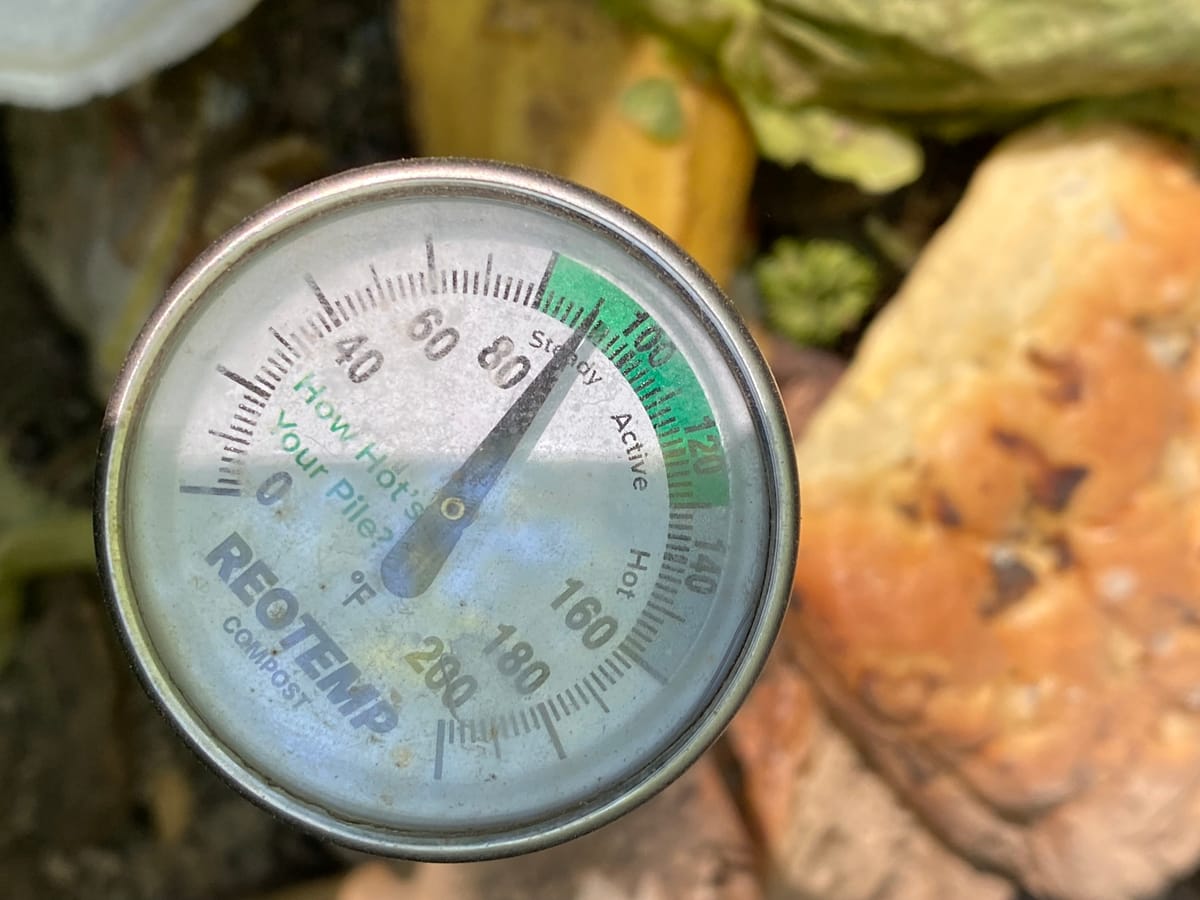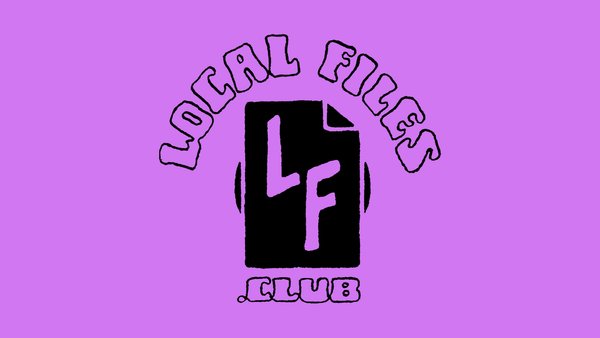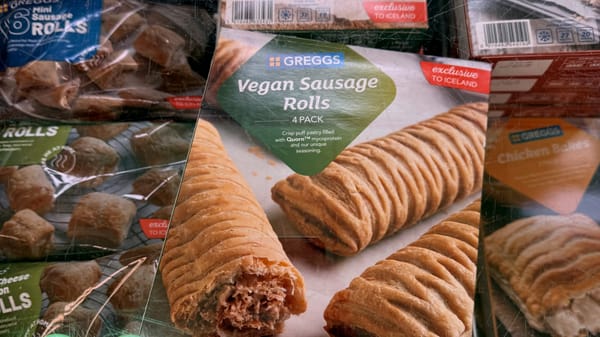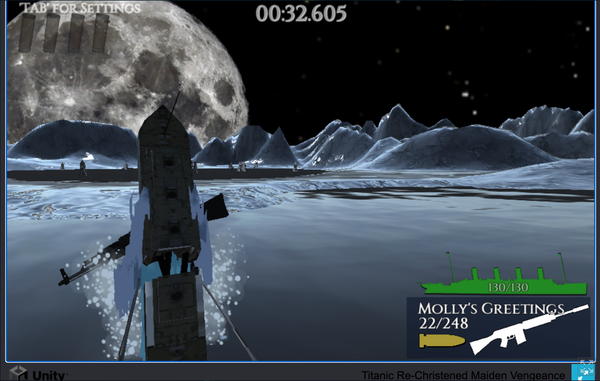Decomposed
"This could be composted."

If I were to write a murder mystery novel, it would open with a body being found in a compost container. Meat and bone, as I learned last week by Googling “can I compost _______?” about everything in my parents’ house, can make a compost pile smell, and attract animals. What at first would seem like a strategic misstep on the part of the killer would, perhaps, actually be the thing that almost lets them get away, if I can figure out a good twist for it.
It is fascinating and satisfying to see food and newspaper and cardboard and grass clippings all become dirt. Last year, Vermont made it against the law to put food scraps in the trash, meaning you either need to compost at home or bring the food scraps to specific drop-off points around the state. My parents got a large, black plastic cube for their backyard, which has been slowly filling with food scraps and other compostable materials. Last week, as my fiancée and I were visiting my parents, I tended to it, digging coffee grounds out of K-Cups to add nitrogen and torn-up newspapers (the increasingly slender local paper, the Rutland Herald) for carbon. Caterpillars have worked their way into the cube, attaching themselves as pupa to the sides, only to emerge as moths into a dungeon of decomposing matter.
On our last day in Vermont, the compost thermometer, an elongated metal rod that looks like it fell down to Earth from a giant’s barbecue, measured the pile at a “steady” 90 degrees Fahrenheit. I wanted it to get to “active,” where the bacteria that breaks down the pile thrives, but not “hot,” where the bacteria dies. It seems to be a delicate science to get the right ratio of nitrogen-rich “green” materials and carbon-rich “brown” materials, not to mention added factors like aeration and moistness. Get any one of these off and you’ll stray further and further from the active path.
Back in New York, I think “this could be composted” about almost everything I throw in the trash. New York suspended curbside compost pick-up during COVID, citing budget cuts, and even when it does return it will still be voluntary, dependent on apartment building managers and homeowners to sign up.
You could stick a thermometer down the center of the city and discover that we have gone from steady, to active, to verging on hot. It’s hard not to feel like we’re just living in a landfill, as New Yorkers leave piles of trash on the sidewalk for hours, waiting for pick-up. In the summer heat, the smell is wretched, and it’s not uncommon to see trash strewn across roads and sidewalks.
Our last night in Vermont, I broke a wine glass that was a wedding gift to my parents. As I threw the glass in the trash, my mom told me it was one less thing for me to worry about after they die. That’s not really true though—glass, while made of natural materials, is not compostable, and unless it is exposed to over 1,000℉ of heat, will take over one million years to break down naturally. That glass will be around, will be something to be worried about, long after we’re both dead, maybe long after Earth as we know it is inhospitable. When a compost pile gets too hot, you can split it, and spray water on it in hopes of cooling it down. What about a city? A planet?




